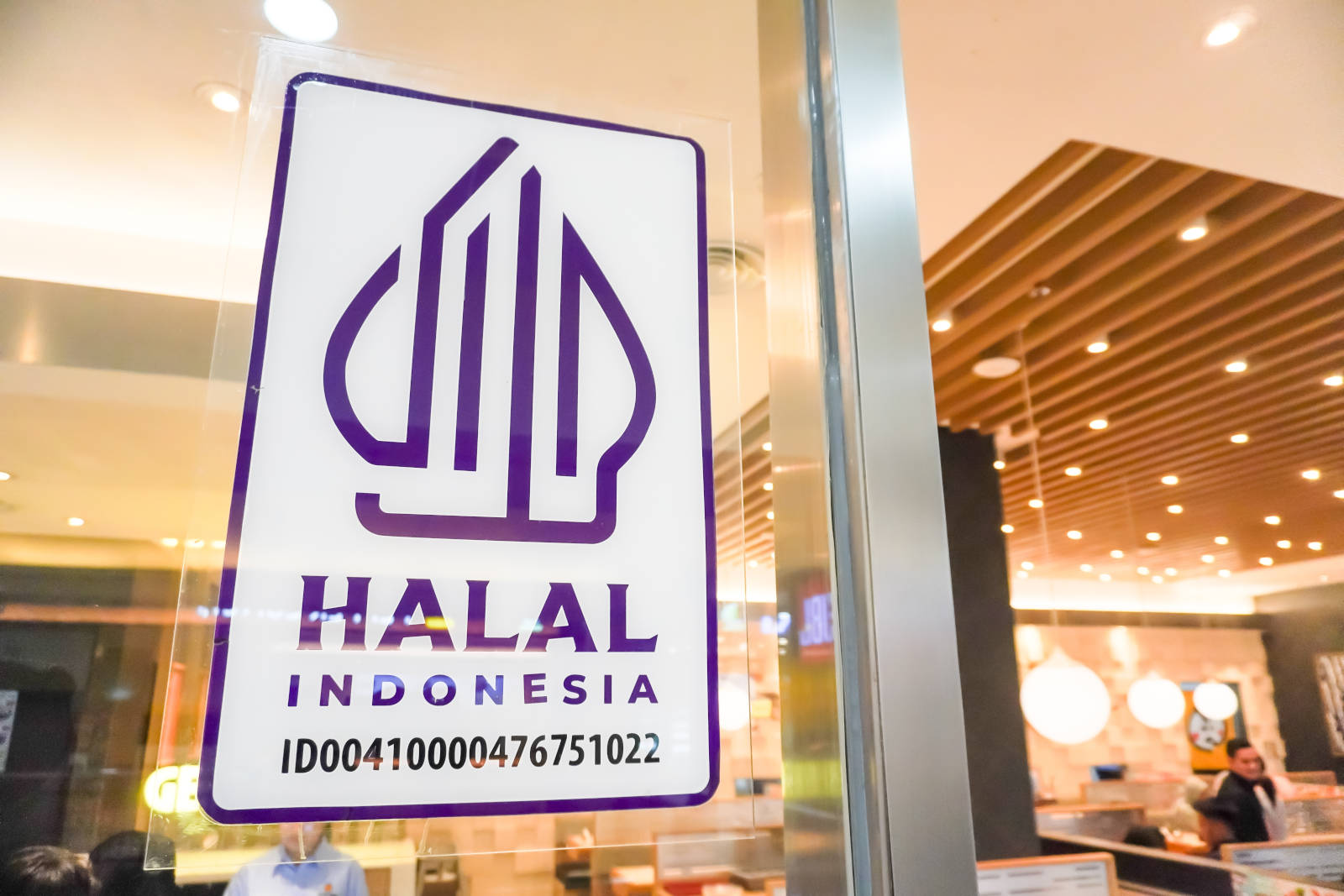Compulsory Certification of Halal Products in Indonesia

In Indonesia, specific product categories are required to obtain Halal certification.
The absence of a Halal license prohibits the sale of these products within the country. Law No. 33 of 2014 on Halal Product Assurance mandates that products entering, circulating, or being traded in Indonesia must be accompanied by a valid halal certificate.
Although this requirement was introduced in 2014, the law allows for a phased implementation, set to begin in 2024.
It is crucial to emphasize that the obligation for a halal certificate extends to products manufactured outside Indonesia but distributed within the country. The Government Regulation stipulates that halal-certified products entering Indonesia from countries with mutual recognition of halal certification need only be registered with the BPJPH without undergoing the certification process.
However, as of the current date, there is no finalized mutual recognition agreement between the BPJPH and any foreign halal agencies. The regulation further specifies that if foreign halal bodies are not yet recognized by the BPJPH, products with halal certificates issued by foreign halal agencies must apply for Indonesian halal certification.
Since the implementation of the halal certification requirement is phased, businesses can still sell products without a halal certificate or a non-halal label.
Government Regulation No. 39 of 2021 on the Implementation of Halal Product Assurance establishes various deadlines for obtaining a halal certificate, dependent on the categories of goods and services.
2024 Obligations
The earliest deadline, set for October 17, 2024, applies to food and beverage products and their related services. From this date onward, the following goods and services must either possess a halal certificate or be labelled as non-halal:
- Food and beverage products
- Raw materials, food additives, and auxiliary materials for food and beverage products
- Slaughtered products and their related services
- Associated services, including processing, storage, packaging, distribution, sales, and serving of these goods.
Non-compliance with the halal certification obligation may result in administrative sanctions, ranging from a written warning and fines to product recalls.
According to the law, there are two certification processes based on business size: the general process for large-scale businesses and the self-declarative process for MSMEs.
General Requirements
The halal certification obligation has two equally significant implications:
- The necessity for a party to obtain a halal certificate for its products
- The requirement for products containing prohibited (haram) ingredients to bear a non-halal label. These ingredients include items such as pork and its derivatives, alcoholic beverages, products containing blood or blood products, and animal products not slaughtered according to syariah principles.
Ongoing Efforts
Since the enactment of the Government Regulation, the government has actively promoted the halal certification program. In March 2022, the Halal Product Assurance Administering Agency (BPJPH) launched the 10 Million Halal Certified Products Program. As of 2023, around 2.7 million halal-certified products have been registered with the BPJPH.
Approximately 450 thousand products are in the process of obtaining halal certificates, and nearly 1.5 million are in the registration queue. In preparation for the mandatory halal certification in 2024, the BPJPH has established 55 Halal Inspection Bodies (LPH) and received around 100 cooperation requests from foreign halal agencies.
Key Points
Considering the potential sanctions for non-compliance, including product recalls, the mandatory halal certification is of paramount importance. Businesses risk being unable to sell their products in Indonesia, leading to significant financial losses.
The government aims to facilitate the circulation of halal products for easy access and consumption by the public through mandatory halal certification. Businesses in the food and beverage sector and related services are advised to ensure their product compliance with halal certification requirements well in advance of the October 17, 2024 deadline.
This advice applies equally to non-halal goods and services in the food and beverage sector, which must bear the mandatory non-halal label. Given the time-consuming nature of the halal certification process, an early start to compliance checks is advantageous for businesses.





